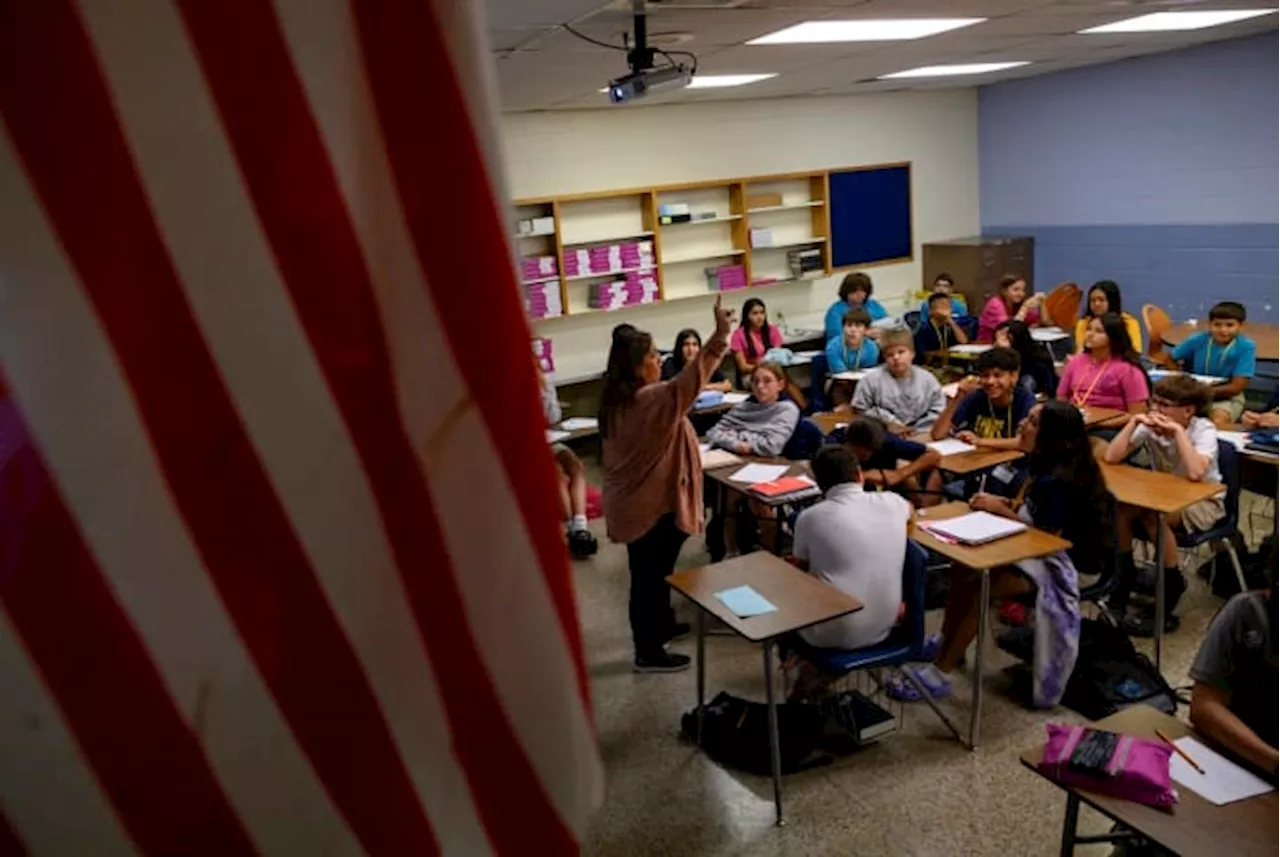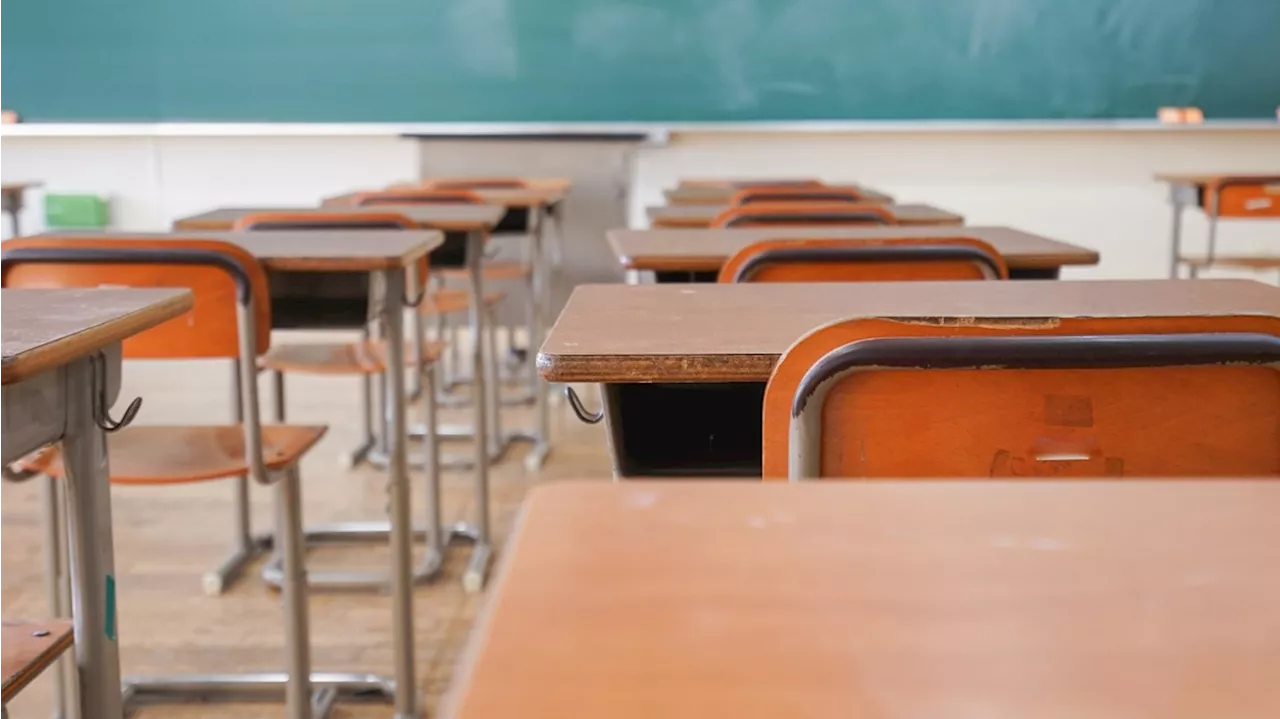The Texas Education Agency is implementing an automated scoring engine for open-ended questions on the State of Texas Assessment of Academic Readiness (STAAR) exams. The technology, similar to ChatGPT, will save the state agency millions of dollars annually.
The state will save more than $15 million by using technology similar to ChatGPT to give initial scores. The decision caught some educators by surprise.Students sitting for their STAAR exams this week will be part of a new method of evaluating Texas schools: Their written answers on the state’s standardized tests will be graded automatically by computers.
This spring, as students complete their tests, the computer will first grade all the constructed responses. Then, a quarter of the responses will be rescored by humans. TEA officials have been resistant to the suggestion that the scoring engine is artificial intelligence. It may use similar technology to chatbots such as GPT-4 or Google’s Gemini, but the agency has stressed that the process will have systematic oversight from humans. It won’t “learn” from one response to the next, but always defer to its original programming set up by the state.
The STAAR test results are a key part of the accountability system TEA uses to grade school districts and individual campuses on an A-F scale. Students take the test every year from third grade through high school. When campuses within a district are underperforming on the test, state law allows the Texas education commissioner to intervene.
A former teacher in the Austin Independent School District, Griffith added that even if the automated scoring engine works as intended, “it's not something parents or teachers are going to trust.”“The automation is only as good as what is programmed,” said Lori Rapp, superintendent at Lewisville ISD. School districts have not been given a detailed enough look at how the programming works, Rapp said.
The TEA also said that students who are retesting will perform at a different level than students taking the test for the first time. “Population difference is driving the difference in scores rather than the introduction of hybrid scoring,” a TEA spokesperson said in an email.
Texas STAAR Exams Automated Scoring Technology Chatgpt Natural Language Processing Artificial Intelligence Cost Savings
South Africa Latest News, South Africa Headlines
Similar News:You can also read news stories similar to this one that we have collected from other news sources.
 Texas Schools Introduce Automated Scoring for STAAR ExamsTexas Education Agency implements automated scoring engine for open-ended questions on STAAR exams, saving millions of dollars.
Texas Schools Introduce Automated Scoring for STAAR ExamsTexas Education Agency implements automated scoring engine for open-ended questions on STAAR exams, saving millions of dollars.
Read more »
 Texas will use computers to grade written answers on this year’s STAAR testsThe state will save more than $15 million by using technology similar to ChatGPT to give initial scores, reducing the number of human graders needed. The decision caught some educators by surprise.
Texas will use computers to grade written answers on this year’s STAAR testsThe state will save more than $15 million by using technology similar to ChatGPT to give initial scores, reducing the number of human graders needed. The decision caught some educators by surprise.
Read more »
 How Texas will use AI to grade this year’s STAAR testsThe state will save more than $15 million by using technology similar to ChatGPT to give initial scores, reducing the number of human graders needed. The decision caught some educators by surprise.
How Texas will use AI to grade this year’s STAAR testsThe state will save more than $15 million by using technology similar to ChatGPT to give initial scores, reducing the number of human graders needed. The decision caught some educators by surprise.
Read more »
 Computers are grading Texas students’ STAAR essaysRoughly three-quarters of written responses are analyzed by an “automated scoring engine.”
Computers are grading Texas students’ STAAR essaysRoughly three-quarters of written responses are analyzed by an “automated scoring engine.”
Read more »
Texas will use computers to grade written answers on STAAR testsThe state will save more than $15M by using technology similar to ChatGPT to give initial scores. The decision caught some educators by surprise.
Read more »
 Texas will use computers to grade written answers on this year’s STAAR testsPre-K and elementary students will be released from campus at the same time starting in the 2024-2025 school year.
Texas will use computers to grade written answers on this year’s STAAR testsPre-K and elementary students will be released from campus at the same time starting in the 2024-2025 school year.
Read more »
